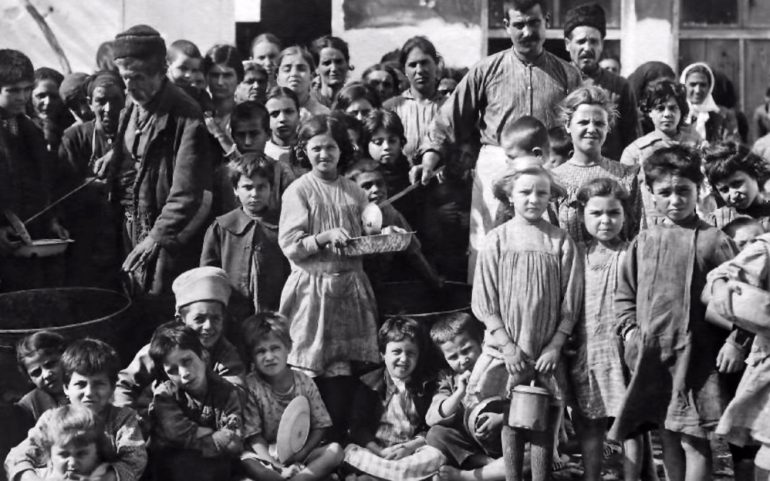Time goes in circles. History repeats itself, sometimes as a farce. Much more could be said but in her case Syria words are poor. No one can remain unmoved in the face of the drama of a people who, from where they had it all, now have almost nothing.
Syria, you see, has not always been a pile of rubble. It has not always been a country steeped in mourning and pain. It used to be the diamond of the Middle East. A rich country, whose inhabitants lived well and were happy.
There were also difficult times for this great country. Nothing, however, can compare to her current drama. Today, after almost nine years of civil strife (which began in the aftermath of the Arab Spring), it has now taken on uncontrollable proportions with many countries and its terrorists. Islamic State to "rape" on her thousand-injured body.
Thousands dead, millions injured and displaced. Hundreds of thousands of refugees who have been scattered (through terrible hardships) to every corner of the earth.
But as has already been said, Syria was not always like that. Many times in the past the roles were reversed. Syria was the one who opened its "doors" to welcome πρόσφυγες from other countries. Greeks, Armenians, Lebanese, Palestinians and Iraqis were just some of the people who found a temporary (or even permanent) "port" there until the storm passed.
The diamond of the Middle East
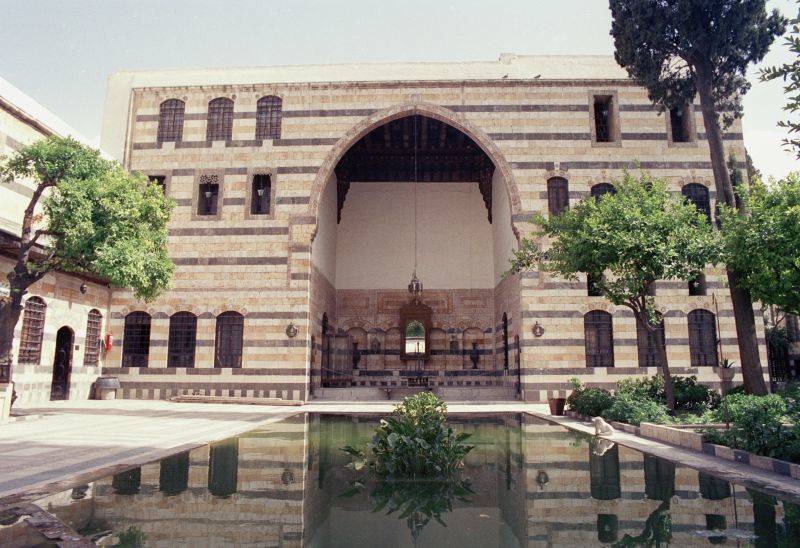
What we know today as Syria is a pile of rubble. A vast cemetery. This was not always the case, however. Until March 2011 it was a country whose inhabitants (through hardship, of course) had a standard of living that was more like a western country than a Middle Eastern country.
Fantastic, beautiful and multicultural, Syria had wonderful cities, the first and best being the great Damascus, about which Mark Twain wrote that "the oldest historical events based their plot on Damascus. If you go back to the dull past, you will discover that there has always been one Damask"He has preserved the bones of a thousand empires and, before he chooses to perish, he will receive the remnants of myriads more."
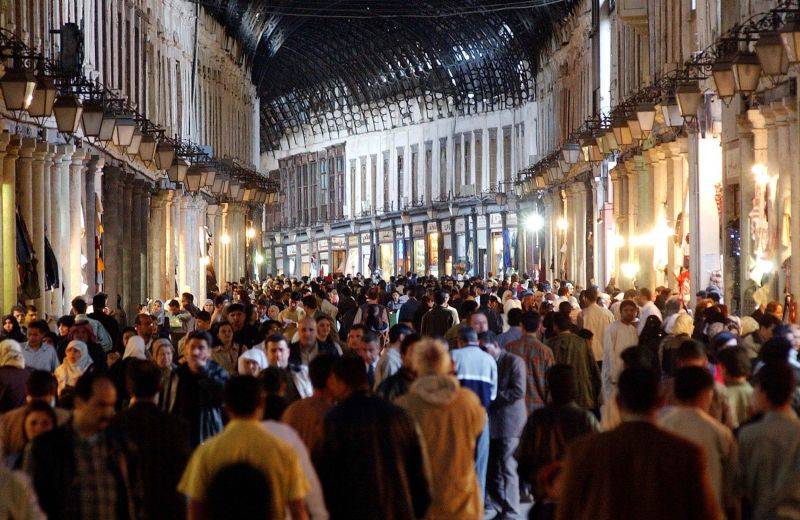
Great conquerors passed through its lands, each leaving his own mark. Nebuchadnezzar, Alexander the Great, Saladin, Mamluks, Crusaders. Ancient churches, stone castles built by the Crusaders, countless antiquities, historic markets, all the witnesses of a history that counts over 5.000 years!
Syria's invaluable cultural heritage reflects a mosaic of cultures. Babylonians, Assyrians and Hittites, Greeks, Sassanids, Persians, Romans and Arabs who established the capitals of their empires in various Syrian cities. So did both the European Crusaders, who left behind imposing castles, and the Ottoman Empire.
Few, now, of all these have remained standing…
The drama of the refugee is the same but the route is the other way around
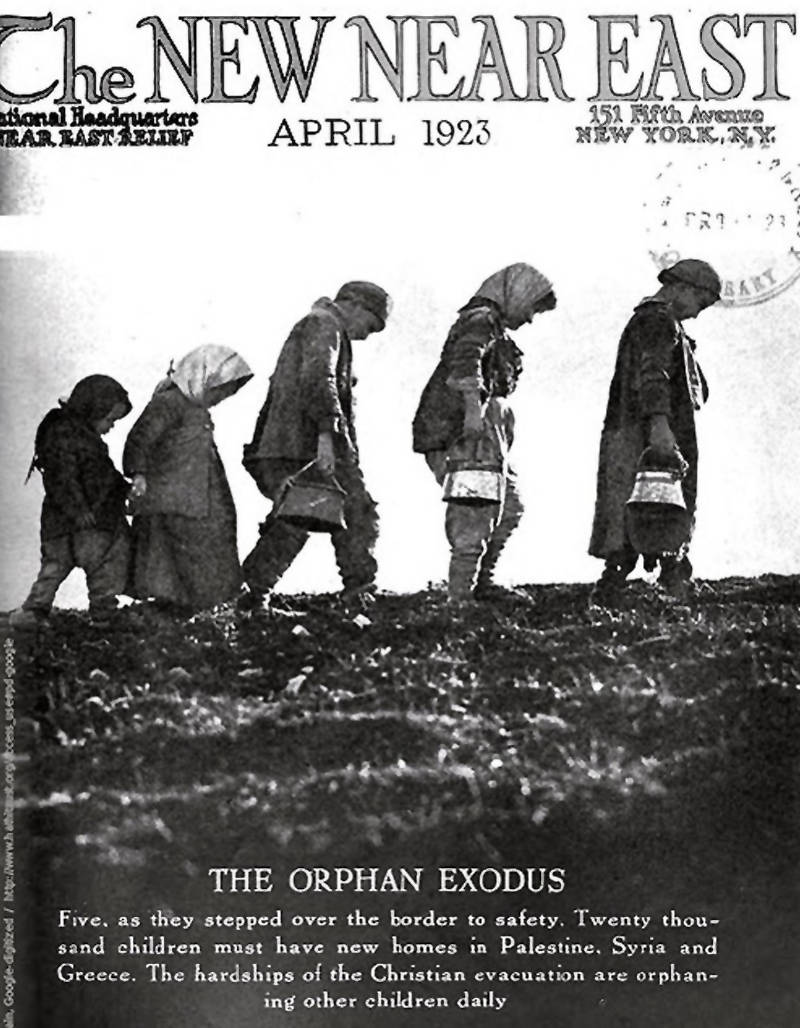
The permanent sign of xenophobes or those who do not want to go to their countries as refugees is that "they should stay in their country and fight". Easy to say this from the safety of his couch. Easy even if his ancestors had followed the opposite route. That is, the refuge to a country that would offer them security.
And Syria is one of the countries (as well as Greece) which not once, not twice but many times opened its "doors" to welcome and accommodate caravans of refugees who fit what they caught from their lives in a few suitcases and left their place.
Initially, Syria in its modern history has welcomed refugees from neighboring Muslim countries. From Palestine in 1948 and 1967 when Israel launched two of its most barbaric raids. Until the start of the war in Syria, one of the most famous refugee camps was that of Yarmouk in Damascus. Hundreds of Palestinians grew up there who were forced to flee the country where their parents had fled as refugees!
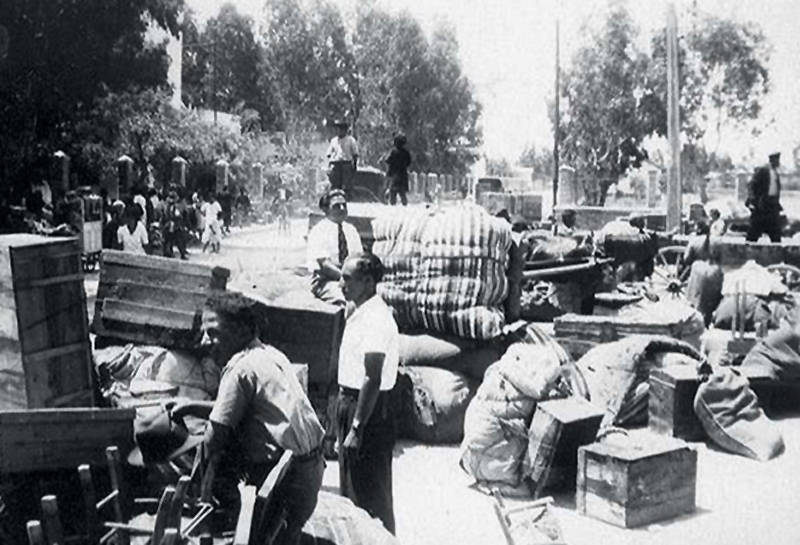
In the 90's her "diamond Middle EastHad welcomed two more large waves of refugees. The first was shortly after August 1990 in Kuwait when the "Desert Storm" began. The oxymoron, in fact, in this case is that Syria welcomed the refugees at the same time that with a force of 16.000 men participated in the "International Alliance" developed there under the USA!
In April 1996, when Israel struck Lebanon with heavy shelling as part of Operation Grapes of Anger, Syria again welcomed most of the refugees trying to flee the war-torn region.
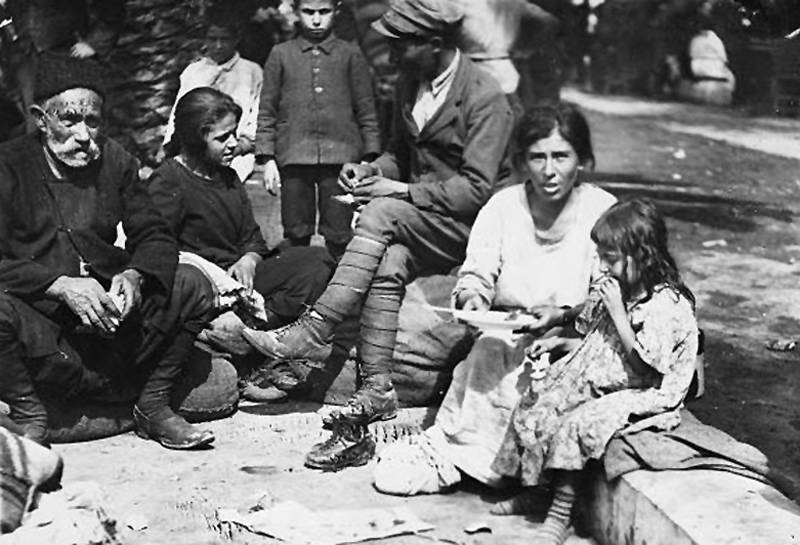
Thousands of refugees from Lebanon were welcomed by Syria in 2006 (just five years before the devastating civil war broke out to this day) during Hezbollah's armed conflict with the Israeli army.
The same thing happened in 2003 when Iraqi refugees left their country to find a better tomorrow, first in Syria and then where their fate and the way out.
Greeks and Armenians who found refuge in Syria
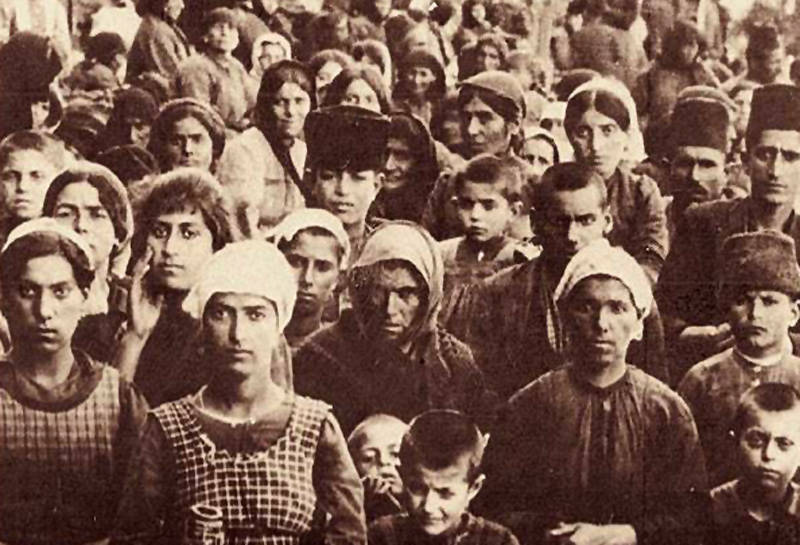
But it was not just the Arab people who took refuge in the ever-hospitable Syria. They were both Greeks and Armenians. As now, so then: boats, drownings at sea, suffocatingly full train cars, camps, deprivations. Only the direction of the route changed. At that time, human flows were directed from Greece to Syria, now they move from there to here.
According to Onur Yildirim, in "Diplomacy and Displacement: Reconsidering the Turkish-Greek Exchange of Populations, 1922-1934". in Syria sought refuge in various cities, at least 17.000 Greeks of Asia Minor! He even quotes a telegram (dated May 31, 1923) of the chairman of the Committee of Greek Refugees to Aleppo to the Greek Ministry of Foreign Affairs, which asks that other Asia Minor be not allowed to take refuge there since "it has become impossible to accept more refugees".
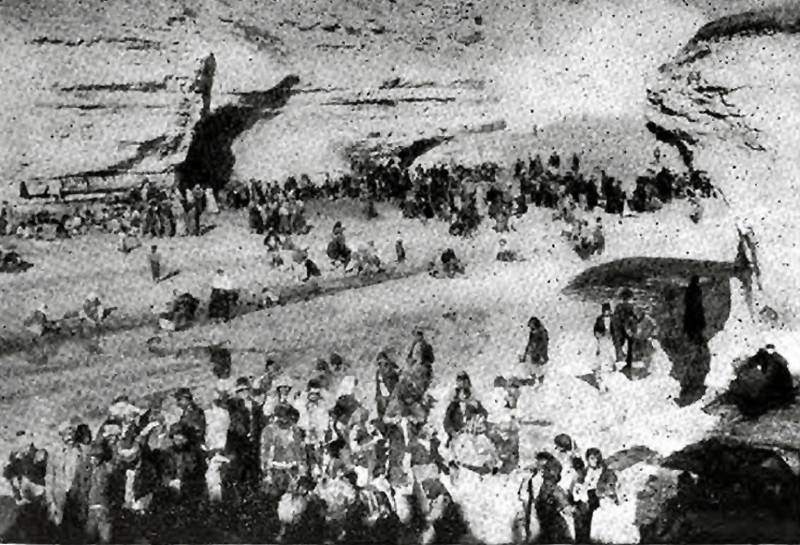
Just as Syrian refugees today do not want to stay in Greece, the refugees from Asia Minor in 1923 did not want to be in Syria. They wanted to get to Greece, a country that most had never seen but hoped that at least there they would be out of danger.
In particular, regarding the presence of Greeks in Syria, it should be said that it was almost entirely in -martyrdom, today- Aleppo. In this area from the end of the Ottoman Empire onwards the number of Orthodox Christians began to increase significantly and this is mainly due to the refugees who survived the genocides in Cilicia and the South. Turkey.
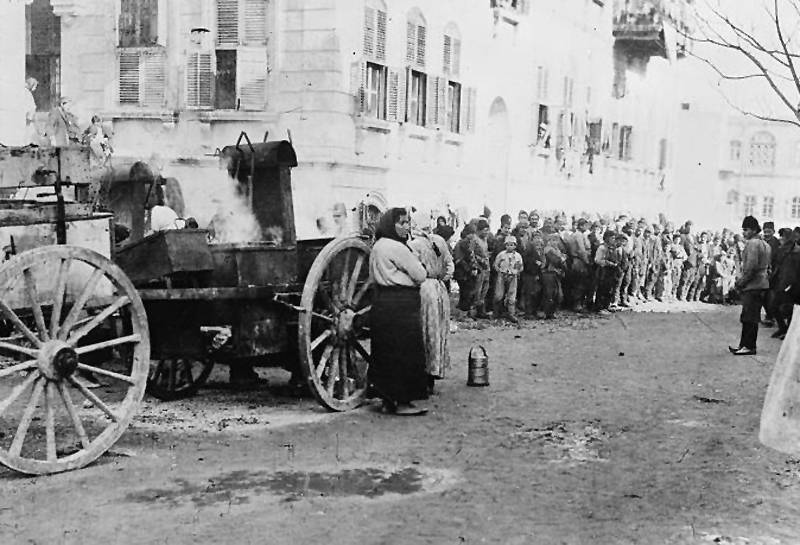
A large number of Greek Orthodox arrived in Aleppo from the sanjak of Alexandretta, after the annexation of the sanjak by Turkey. This was the second large flight of Greeks to Syria in the 20th century. The Turks, following a tactic of ethnic cleansing, changed the population composition of Alexandretta. By the end of 1940, 48.000 people had fled their homes and taken refuge in Lebanon and Syria. Among them, 11.000 to 12.000 were Greeks, while 26.000-27.000 were Armenians. Most Greeks found refuge, as already mentioned, in Aleppo and in Damascus.
